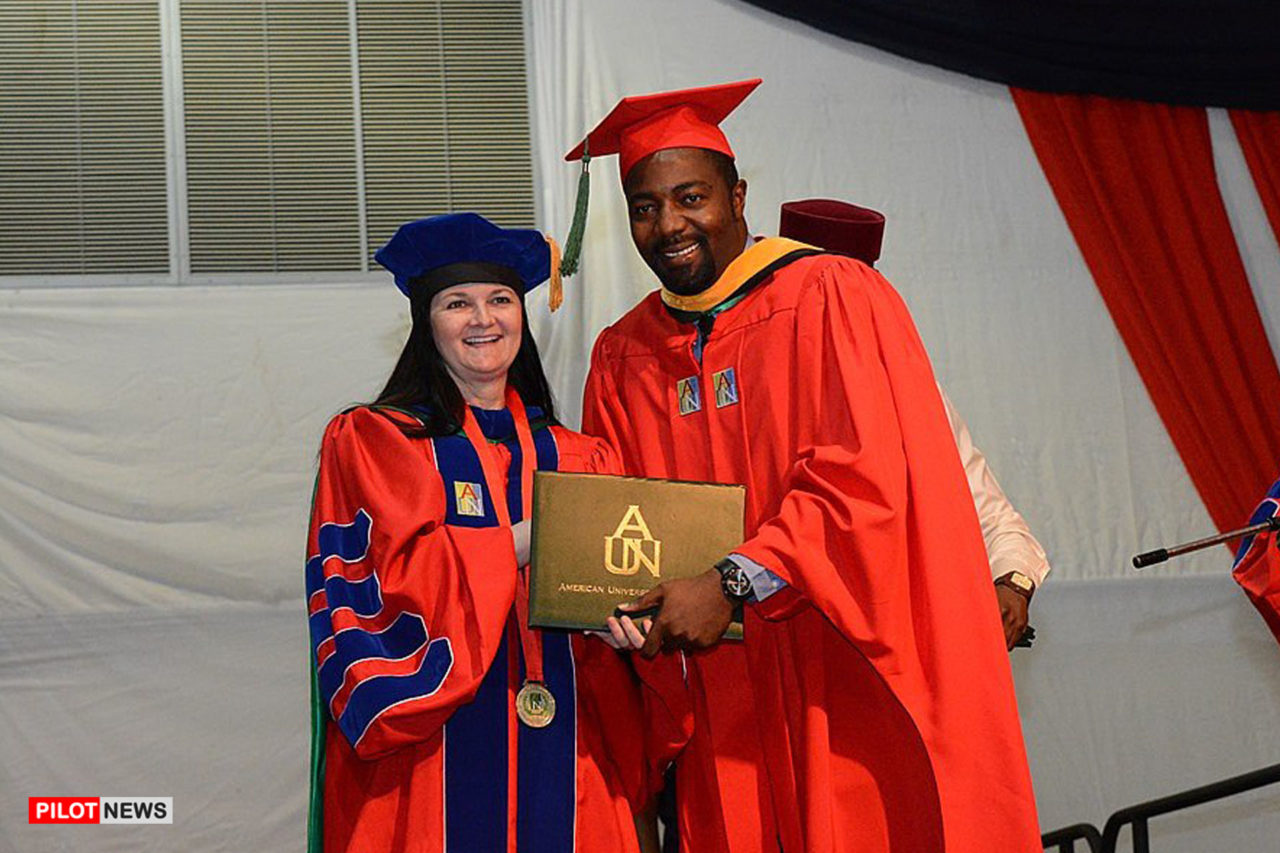Amidst surges in numbers of death, fear of uncertainty now grip students and parents over novel coronavirus pandemic now plaguing the world over with no specific date of school resumption.
In Nigeria, the pandemic had brought untold hardship to both parents, students and even their teachers who are now all wailings.
Investigations revealed that with the exception of few private tertiary institution public schools and universities are yet to start teleconference classes to breach in the gap.
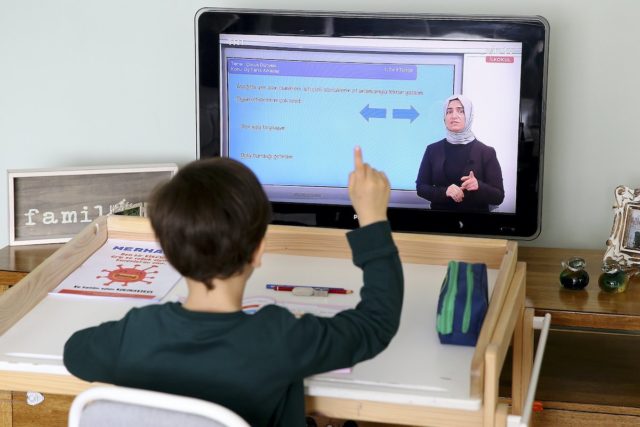
‘’We are in double tragedy due to this deadly disease coronavirus, because our future is blinking.
‘’COVID-19 had forced the closure of schools and tertiary institutions, and for now, no definite date for resumption and our governments are yet to make alternatives for us like in developed countries where they have teleconference classes,’’ so regrets Mary Baba a political science student in one of the Nigeria’s famous university.
Indeed, the ever-changing landscape of the COVID-19 pandemic leaves both students and lecturers questioning what they will do about their studies, classrooms, research, and futures.
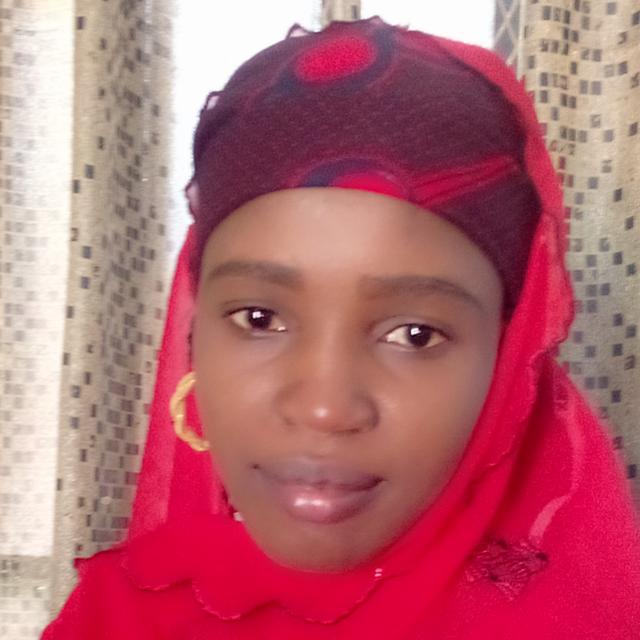
Arc. Sa’adatu Aminu Barkindo is a senior lecturer and Head of Department at Adamawa State Polytechnic, Yola, she averred that the looming challenges are numerous, saying that ‘’ Well, students are not finding it easy at this period of Novel Coronavirus (COVID-19) pandemic especially here in developing countries like ours (Nigeria).
‘’Contact classes are more feasible here because we are not yet set for online classes especially in our public institutions with the exception of some private institutions.
‘’The supporting facilities are not readily available to both Students and even their lecturers/tutors.
‘’Online Classes would have been a better option at this critical period so as to avoid setback in education, but here we are not having the necessary facilities.
‘’Some students are incapacitated in terms of the online facilities like PC or Phones that can support their classes, sometimes we may like to engage our students in certain activities using the Google Classroom but some students do not respond promptly, we use to receive complains either in-network failure, electricity problem, computer literacy problem, etc,’’ she said.
Not only that, even the lecturers are not ready for such classes, ‘’ Yes, there are some teachers and lecturers that are not computer literate, some are not very conversant with some supporting applications for online classes, the network problems encounter from our service providers are also some of the challenges, electricity failure, etc.
‘’These and many more are challenges our students may face if this epidemic prolongs their stay at home as such they may have tremendous setbacks in their educations.
‘’Therefore, we pray that this stay at home with respect to the novel Coronavirus pandemic will soon come to pass and our students go back to their normal school activities,’’ she added.
Like Sa’adatu Aminu, another school teacher and post-graduate student in Samaru-Zaria, northern Kaduna state, Abdulhamid Dahiru Bomo regrets the difficulties students and teachers may face.
‘’ We are all fully aware of the difficulties our students face right now and their uncertainty about online education. We feel the same things as we face digital platforms and teaching online.
‘’Further, many of us are committed to classrooms that promote diversity and inclusivity, and we are trying to make our teaching spaces as open and accessible as possible.
‘’ This is all to say that those in traditional university settings have been slapped in the face with the hard reality that much of work requires social interaction,’’ Bomo said.
AUN Setting the pace
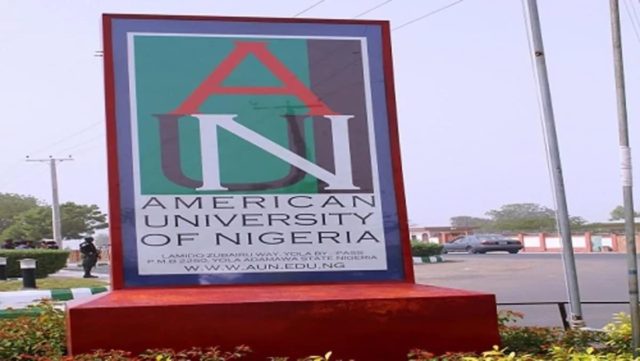
For now, only a few private tertiary institutions indicate readiness to commence the teleclasses and such schools is American University of Nigeria (AUN) owned by the former vice president Atiku Abubakar.
AUN, whose Governing Council had approved full compliance with the Federal Government of Nigeria’s directive to all tertiary institutions to close down as a precautionary measure against further spread of the COVID-19 pandemic, begun course delivery through online channels on March 30, as announced by Dr. Abubakar Abba Tahir the Vice President for University Relations. But the program, he stated will end on Friday, April 17, 2020.
“This is a familiar measure deploying AUN’s vast technological resources and support infrastructure toward ensuring that the remaining weeks of the semester are concluded within reason while meeting the remaining learning outcomes of the courses our students are enrolled in”, Dr. Tahir said.
It could be recalled, while announcing the closure of the campus on March 20, AUN’s President (Vice-Chancellor), Dr. Dawn Dekle assured departing students and their parents of continuity in their studies despite the shutdown as the University switched to online delivery modes which students and faculty (lecturers) are already familiar with.
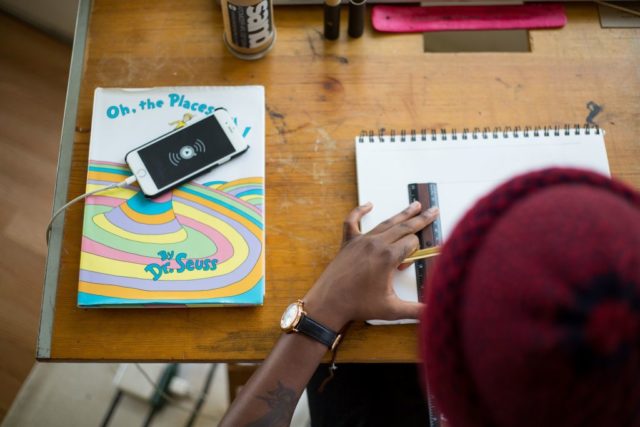
“I am proud of how our AUN learning community is adjusting to the COVID-19 health crisis. We have transitioned to alternative learning platforms quickly, allowing us to continue our Spring 2020 semester with as little disruption to the academic calendar as possible, said Dr. Dekle, while adding that ”Our capacity for swift and successful deployment of AUN’s massive tools and techniques of technology within such short notice, is unprecedented in the region.”
In preparation for a seamless transition to online course delivery systems, the Office of Academic Planning and Quality Assurance (APQA), in collaboration with the Office of Technology Support (OTS), organized refresher sessions on the use of online course delivery systems for faculty and staff.
‘’Also, to ensure that the online model of instruction comes closer to the lively, interactive classroom experience which is a uniqueness of AUN’s American-style liberal arts system, students have been assigned a Mentor/Learning Support Advisors who will facilitate additional support and interfaces with instructors and support staff elsewhere.
‘’The University library has granted the undergraduate and post-graduate students unimpeded access to scholarly e-books and e-journal articles they may require for their courses and research,’’ said the university management.
The Other side of the coin
Even before the outbreak of the deadly widespread pandemic, students were already struggling with pay and overextended labor, but COVID-19 adds to the stress.

‘’ The past few weeks for me have been filled with meetings, contingency plans, moving course materials online and preparing for the reality that my lectures work will have to take place from a distance.
‘’We are often inclined to think first about the undergraduates we teach and how they can best continue in the face of digital learning and lack of face-to-face interaction. This move to fully online instruction requires a lot of preparation, thought and, of course, time,’’ so observed a lecturer with one of the new generation universities who doesn’t want to be named.
The lecturer further explained that closing the campus and encouraging social distancing means putting research projects on hold, moving meetings online, halting data collection and rethinking expectations around project timelines and dissertation defenses because of the lack of human subjects and in-person collaboration.
He concluded that ’’ COVID-19 and its aftermath will challenge our progress as burgeoning academics in a way that our mentors may not know how to address.’’
- Federal Government To Revive Adults, Almajiris Education - September 24, 2023
- Fraud : Pastor Deceived Me to Sell My Only House, Jilted Evangelist Tells Yola Court - February 5, 2021
- 2023 : Nigerians Will Vote Out APC – Gov Wike - February 4, 2021

